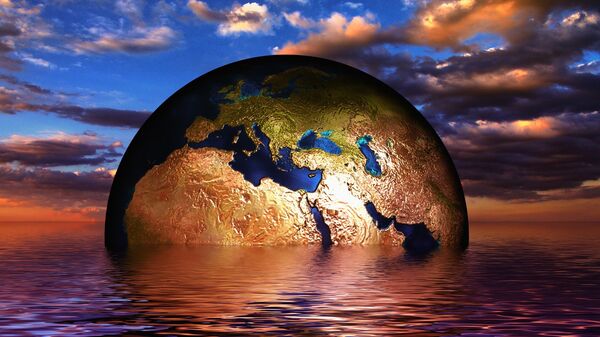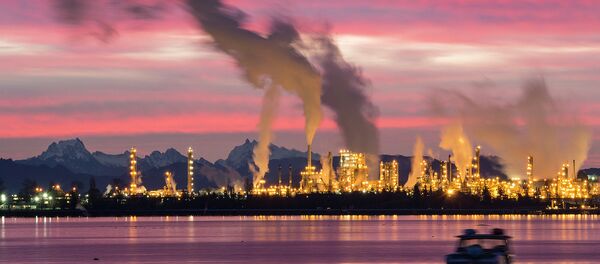MOSCOW (Sputnik) — On October 15, Trump stated at a campaign rally in Charlotte, North Carolina that the biggest threat for the United States was not that of global warming, but of the potential nuclear war.
"Mr. Trump's denial of human-induced global warming is hopeless. But even worse, it is totally anti-scientific. It is potentially dangerous and it will send international [ecological] cooperation into a negative spiral," Kroglund said.
Trump is known for his controversial approach to the environment as the candidate denies the concept of global warming. Trump has stated several times on his Twitter account that the planet is freezing, calling global warming an expensive hoax.
"This [denial] would also potentially harm cooperation between Norway and the United States, and certainly between Europe and the United States," Kroglund added.
The United States and Norway currently enjoy bilateral cooperation in the field of forest protection and within the Arctic Council on the environment of the Arctic region.
Trump’s assessment of climate change comes against the backdrop of the US ratification of the Paris climate change agreement on September 3. The agreement was initially adopted in December 2015 at the 21st UN Climate Change Conference (COP21).
Global warming leads to dangerous environmental changes such as greenhouse gas concentration, the formation of tropical cyclones, and sea level rise. According to the Intergovernmental Panel on Climate Change (IPCC), global average temperature rose by almost one degree Celsius from 1880s till 2012, while, according to the UK Met Office, Arctic summers could be ice-free by year 2030.


